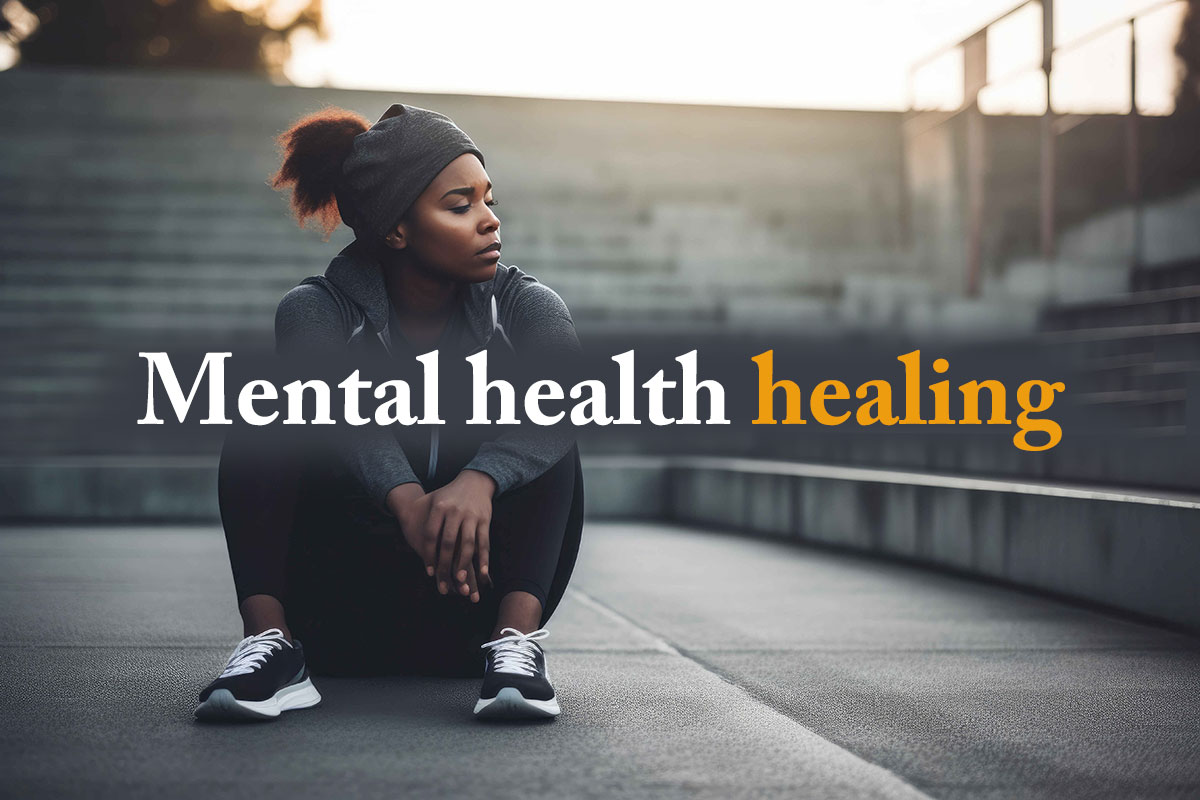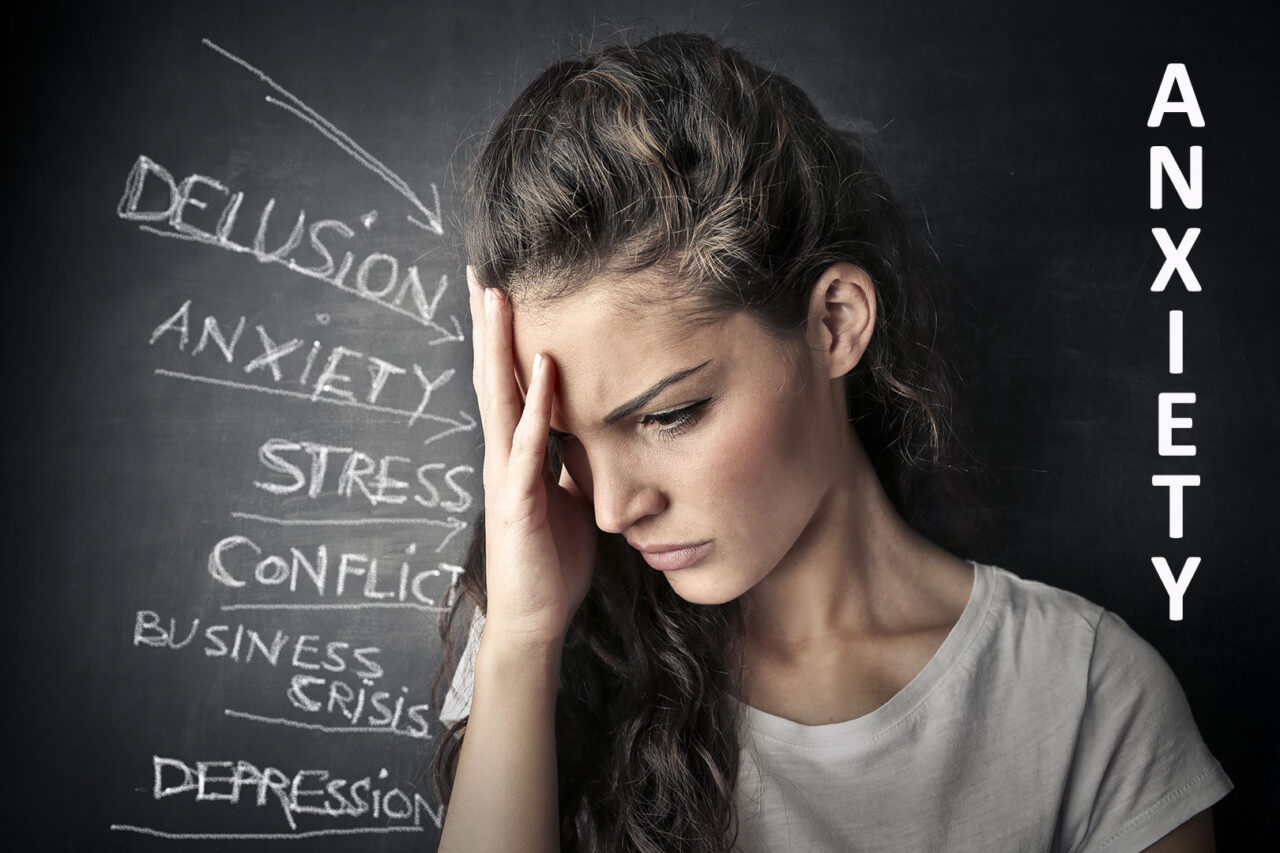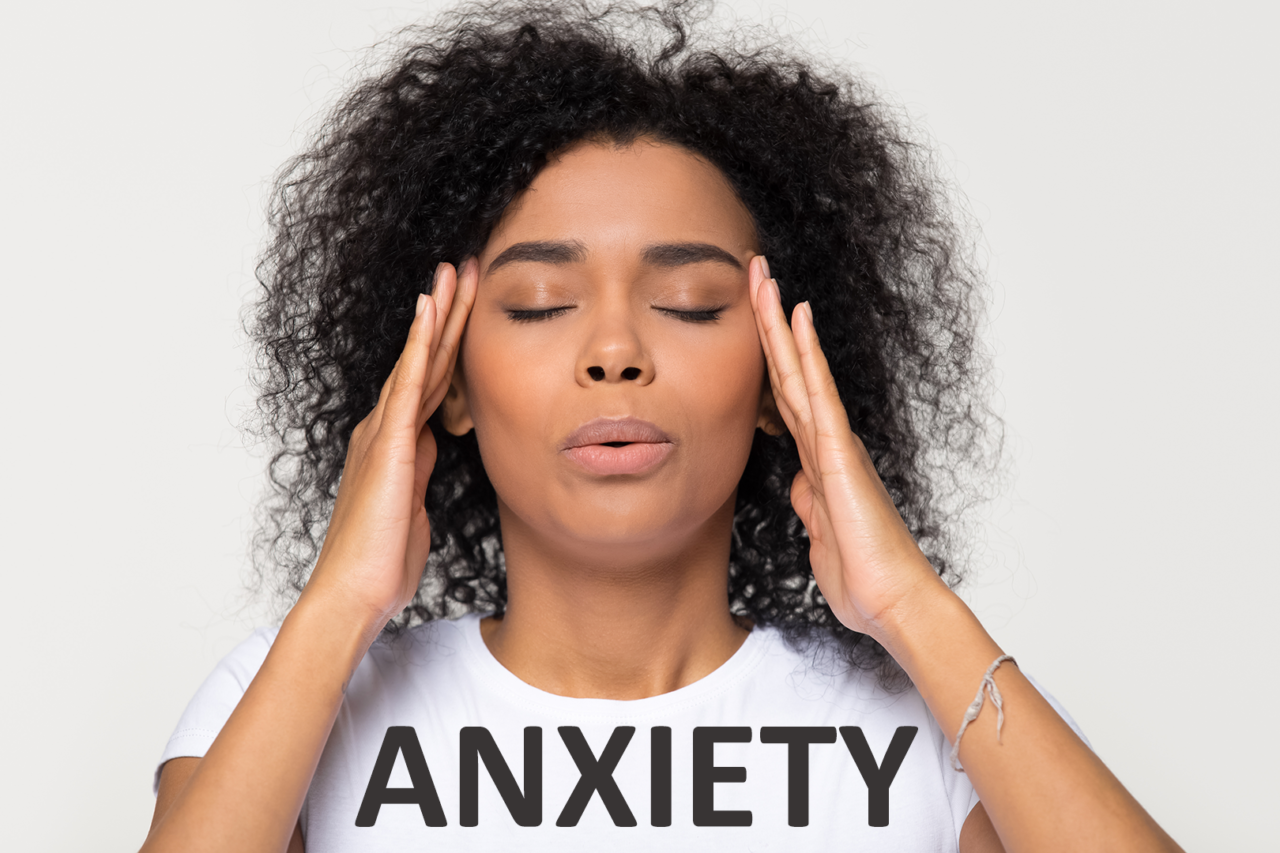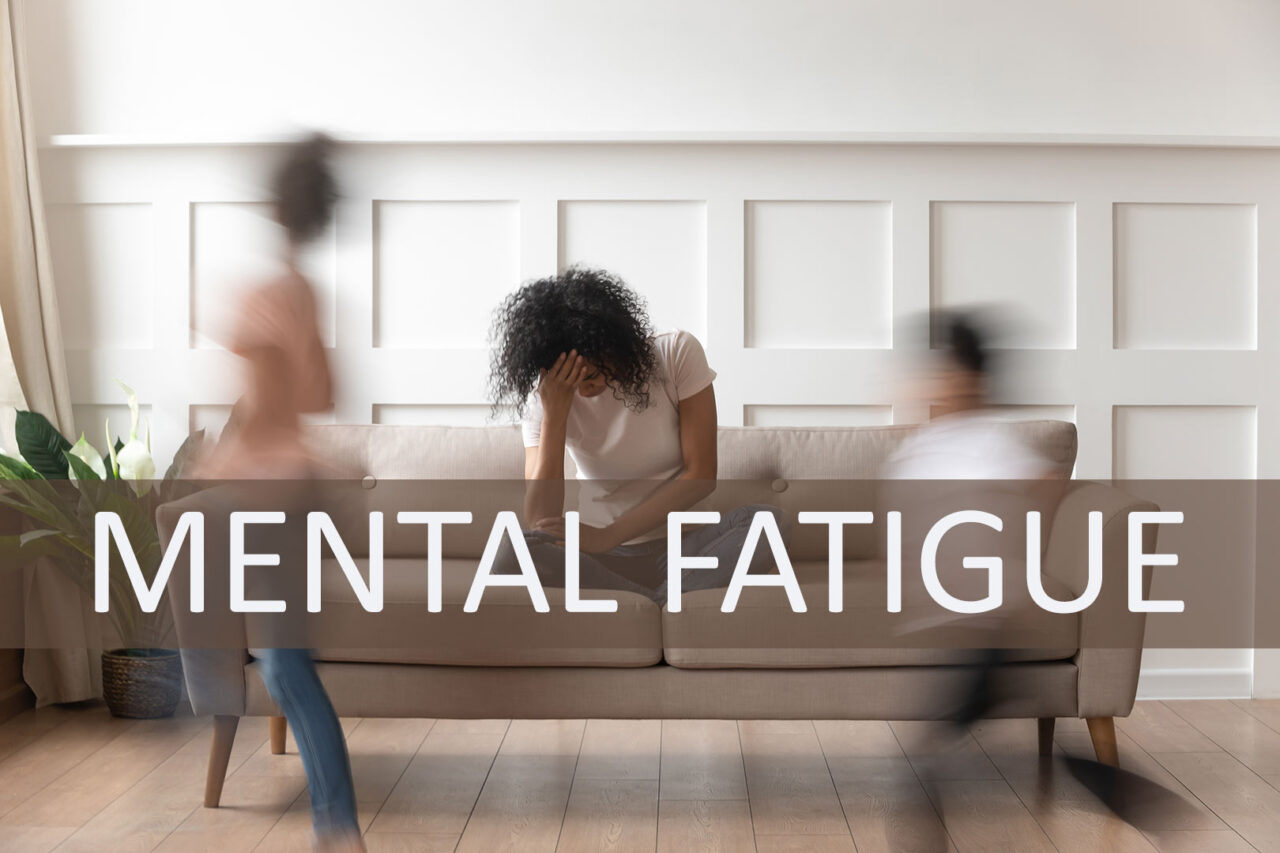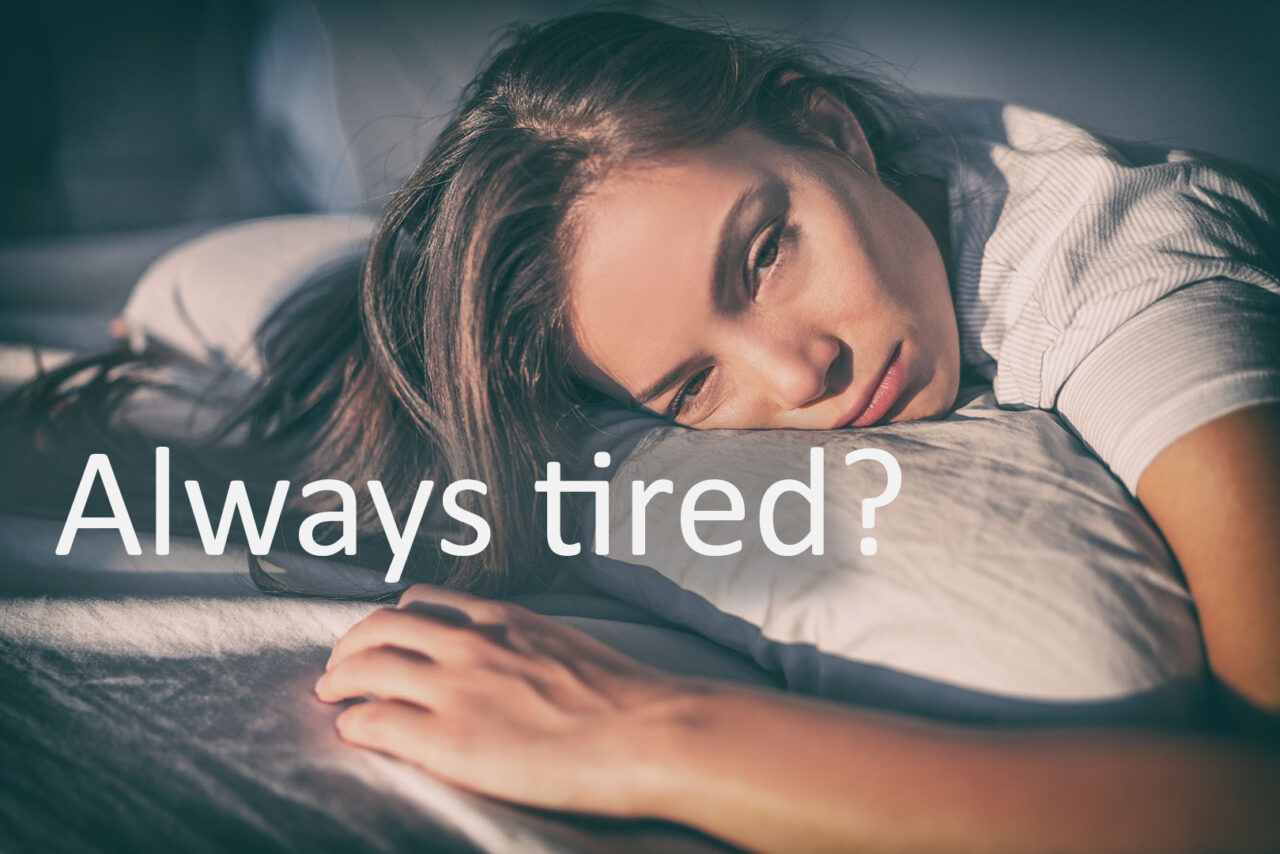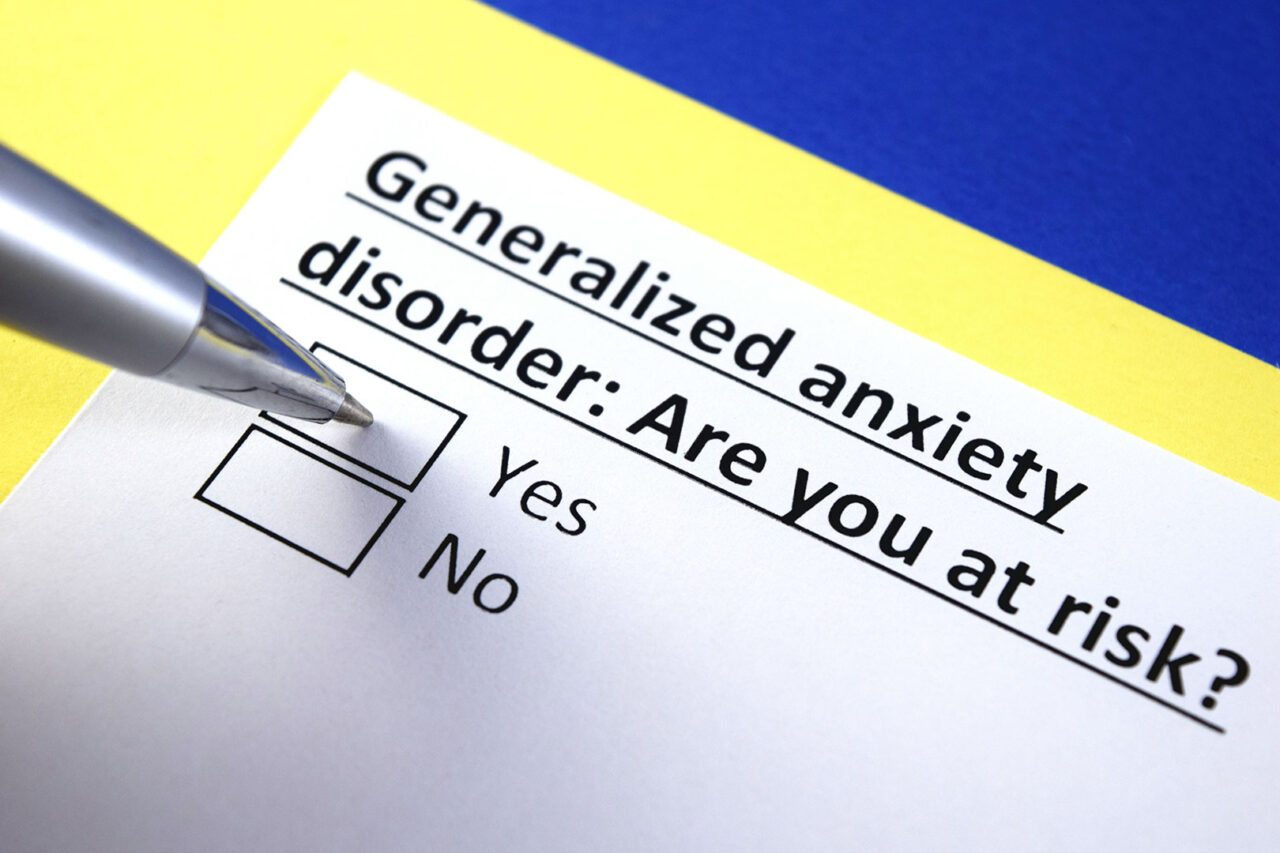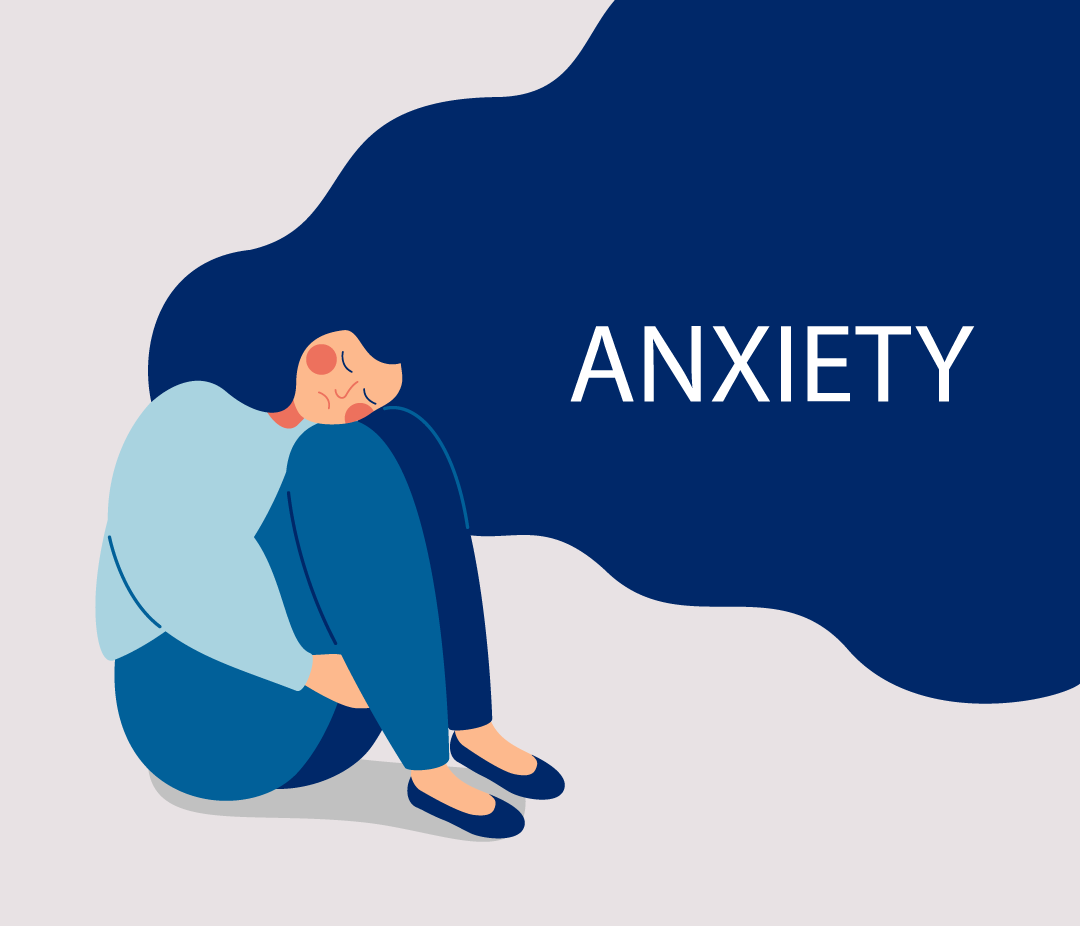The relationship between teens and social media can be complex. While social media platforms offer opportunities for connection, self-expression, and learning, they also present challenges and potential risks. To foster a healthy relationship with social media, parents, educators, and caregivers can encourage open communication, set clear boundaries and guidelines for social media use, educate teens about online safety and digital literacy, and role model positive online behavior themselves.
It’s essential to approach social media as a tool that can enrich teens’ lives while also being mindful of its potential risks and challenges.
- Social Connection: Social media provides teens with a platform to connect with friends, family, and peers, regardless of physical distance. It allows them to maintain relationships, share experiences, and communicate in real-time.
- Self-expression and Identity: Social media platforms offer teens a space to express themselves creatively, share their thoughts and opinions, and explore different aspects of their identity. They can curate their online persona and connect with others who share similar interests and values.
- Learning and Information Sharing: Social media can be a valuable source of information and learning for teens. They can access educational content, news updates, tutorials, and discussions on various topics of interest.
- Impact on Mental Health: Excessive use of social media has been linked to various mental health issues among teens, including anxiety, depression, low self-esteem, and body image issues. Comparison with others, cyberbullying, and fear of missing out (FOMO) are some factors that contribute to these negative effects.
- Online bullying: Social media platforms can be breeding grounds for cyberbullying, harassment, and online conflicts among teens. The anonymity and lack of face-to-face interaction can embolden individuals to engage in harmful behavior.
- Privacy and Security Concerns: Teens may not always fully understand the privacy settings and potential risks associated with sharing personal information online. They may inadvertently expose themselves to privacy breaches, identity theft, or online predators.
- Distraction and Time Management: Excessive use of social media can interfere with teens’ academic performance, sleep quality, and real-life interactions. It’s essential for teens to develop healthy habits and boundaries around social media usage.
- Digital Footprint: Teens need to be aware that their online activities leave a digital footprint that can have long-term consequences. Colleges, employers, and others may scrutinize their social media profiles as part of background checks or evaluations.
If you or your teen is experiencing issues connected to social media or the internet, speaking regularly with a trained therapists could help work through these issues and challenges.


